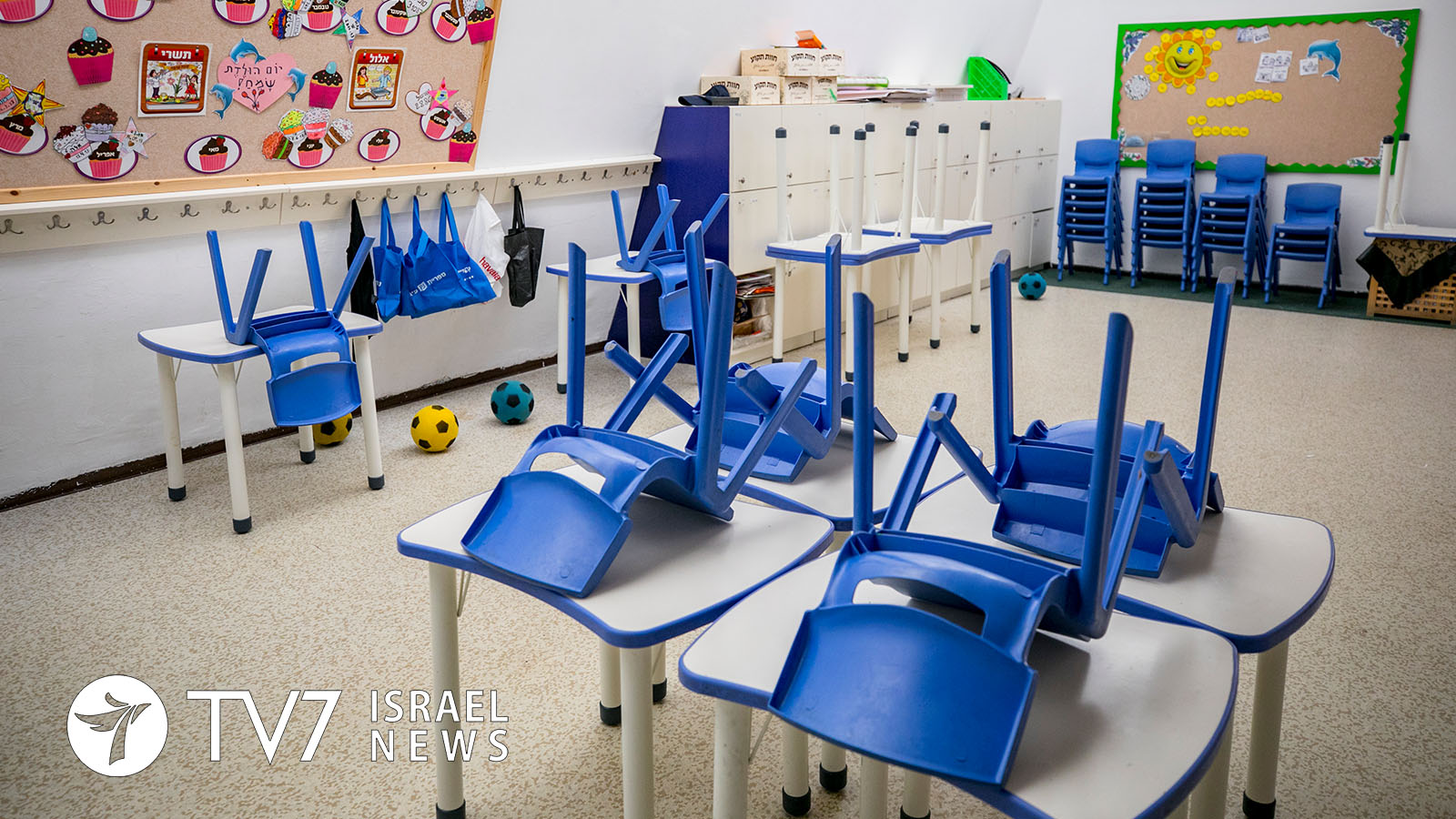Israeli schoolchildren enrolled in the first through fourth grades will return to the classroom on 1 November, according to the decision of the government special Coronavirus Cabinet.
The country is slowly emerging from a second nationwide lockdown. Educational facilities had opened on 1 September as is routine in the wake of the first closure last spring, but were forced to implement remote learning following a COVID-19 surge, and ultimately forced to shut down completely once again on 18 September as part of the government decision to reimpose a month-long closure on all sectors.
Israel’s national contagion rate is currently 3%, based on the latest data.
In efforts to better manage the outbreak, Israeli preschools were the first to reopen last week, with older children set to resume public learning in gradual stages over the coming weeks contingent on continued low morbidity rates.
For the time being, all students in the fifth grade and up will continue distance learning.
Third and fourth graders will resume studies full time after being separated into “capsules” or “pods” of fewer children, in accordance with a pre-approved Health Ministry directive.
The first and second grades will, however, be divided into two groups set to attend class on alternate days just three times a week. This contravenes the Health Ministry demand that they also be divided into “capsules,” which was deemed as too expensive by the Finance Ministry. Israeli media leaked comments from Prime Minister Benjamin Netanyahu saying the government could not afford the ‘billions’ the program for younger children would cost, which the Education Ministry estimates could cost up to ₪5.3 billion Shequels ($1.57 billion), take five weeks to prepare and 13,000 additional staff.
Meanwhile, the Coronavirus Cabinet Ministers also reportedly discussed steepening fines levied on educational facilities which reopened in violation of the restrictions to as much as five times higher than the current ₪5,000 Shequels ($1,481). “Today, we will submit to the cabinet increased fines so that everyone, without exception, across Israeli society, honors the agreements. This is not aimed at anyone – it is aimed at the virus. It is aimed on behalf of the health of us all,” Netanyahu declared. Hundreds of ultra-Orthodox Jewish seminaries (yeshivas in Hebrew) reopened last Sunday at the order of a senior rabbi in defiance of the law, even in areas where infection levels remain high.
Coronavirus Cabinet Commissioner Prof. Ronni Gamzu has been warning against the potential escalation of new cases in religious Jewish and Israeli-Arab areas. The state Kan broadcaster cited him as saying that the Arab cities of “Sakhnin and Umm al-Fahm are in danger of becoming ‘red’ cities,” due to “probably dozens of weddings a day in the Arab community.” The Ministers already imposed a five-day closure in the northern town of Majdal Shams set to go into effect tonight at six PM until next Saturday due to a recent spike in cases.
Many of Israel’s other existing limitations remain in place. “If morbidity goes down, then the restrictions will also gradually come down. If morbidity goes up, there will be no choice but to reimpose the restrictions,” cautioned Prime Minister Netanyahu.
So far, none-essential businesses and stores dealing with the public remain closed. The Finance Ministry has reportedly been strongly advocating that they be allowed to resume operations, while limiting interaction to just five customers at a time.
Netanyahu said the government is also considering the resumption of tourism venues in the Red Sea resort city of Eilat and hotel industry by the Dead Sea. “We are making special arrangements for them because they are isolated, they are separated,” he said, explaining that, “This is very important news for the residents of these areas, and also for the citizens of Israel, who would like to go to defined and safe places.”.
In related developments, the Israel Institute for Biological Research (IIBR) has received official regulatory approval by the Health Ministry to begin human trials of its “BriLife” vaccine for the coronavirus on 1 November.
The first phase will involve 80 volunteers between the ages 18 and 55, who will be monitored for three weeks to see if they develop virus antibodies develop. If all goes as expected, the second phase of 960 people aged 18 and over will start in December, and the last large-scale phase of 30,000 test subjects will be held in April or May.
“Our final goal is 15 million rations for the residents of the State of Israel and for our close neighbors,” said IIBR Director Shmuel Shapira, who said this morning that he believes the vaccination will be ready for mass administration by next summer.
“July 2021 will be the proper and reasonable target,” he said.
